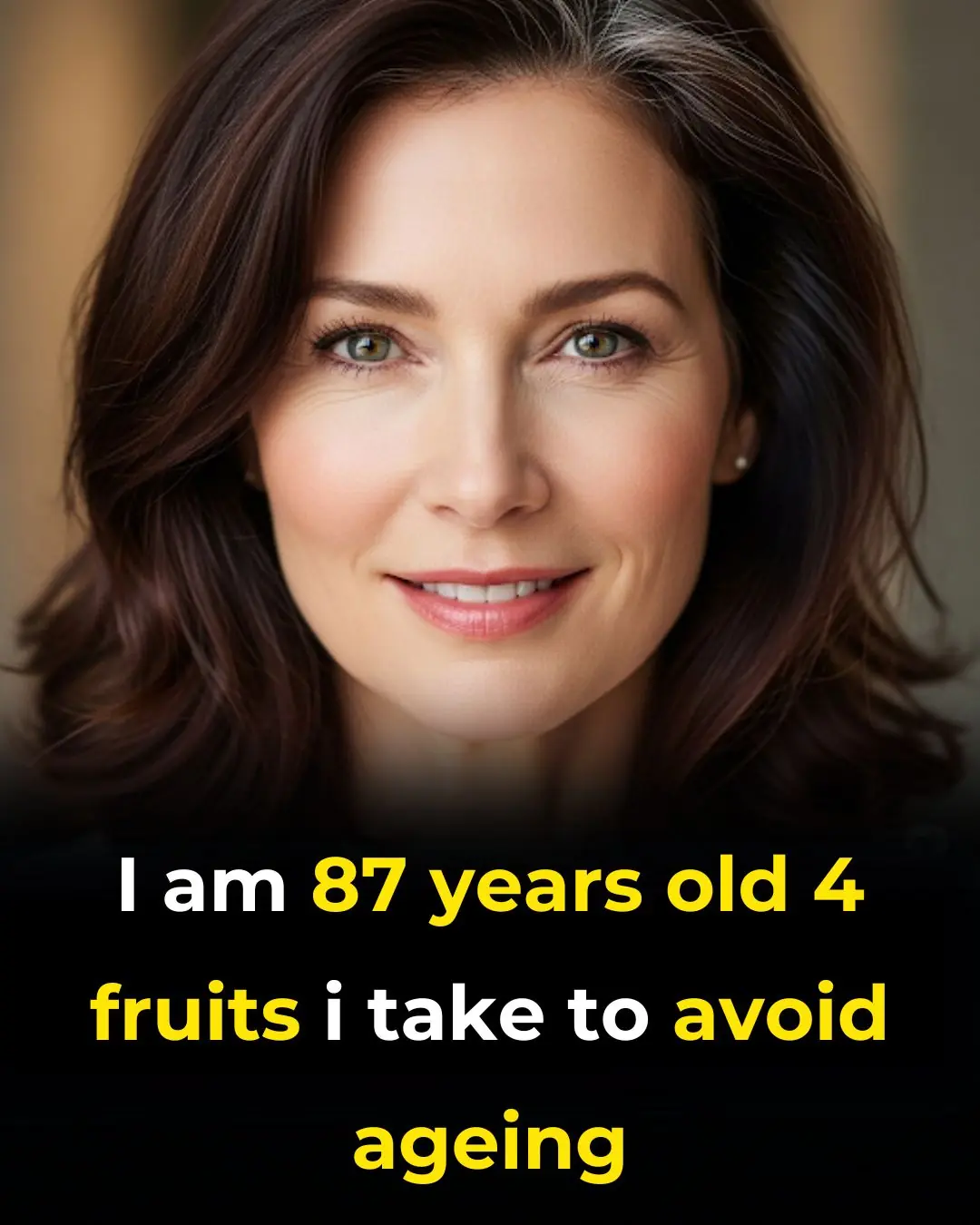
5 Things Doctors Say You Should Never Give Your Kids to Help Prevent C@ncer
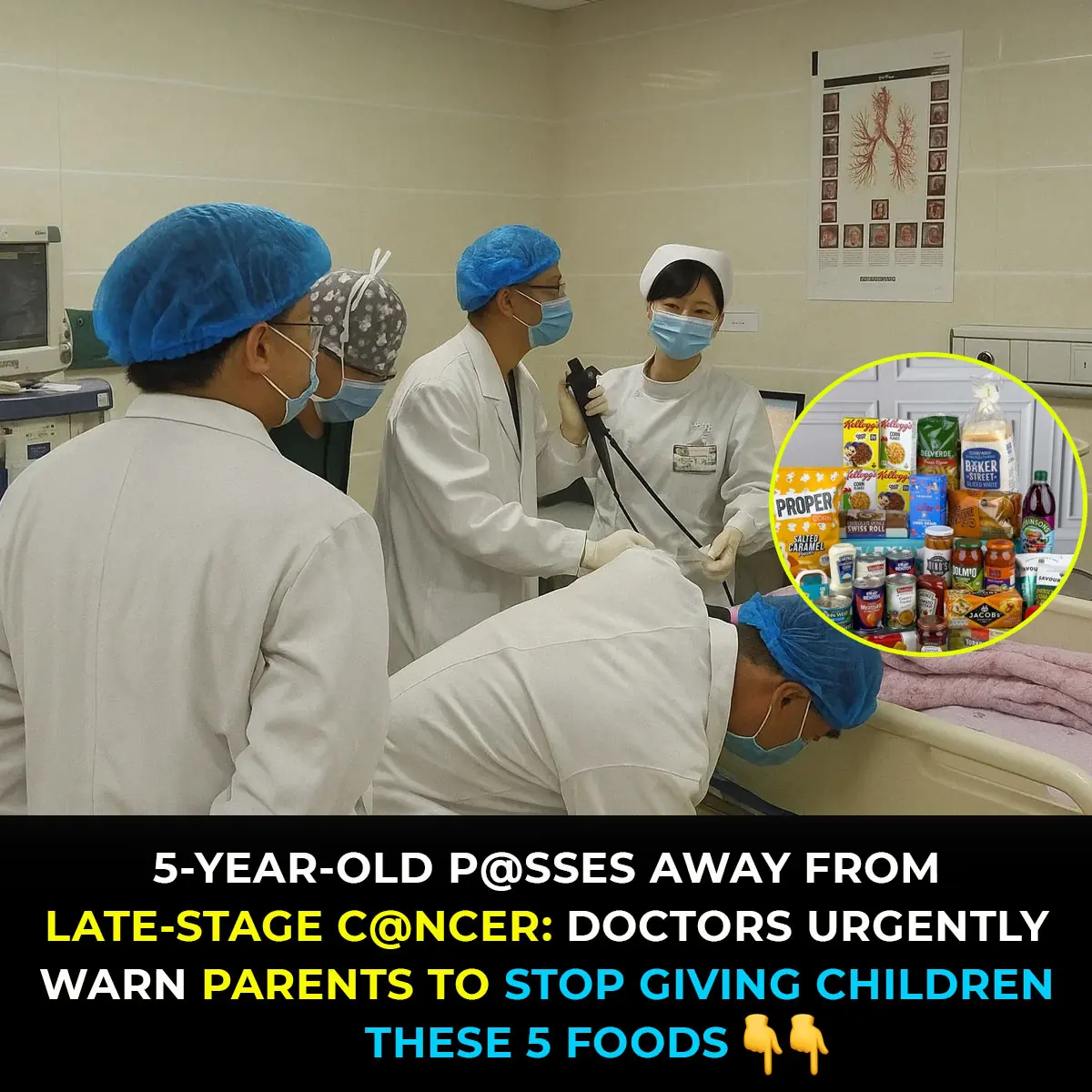
Luke, a 5-year-old boy, initially showed mild symptoms that quickly worsened. He was diagnosed with Diffuse Intrinsic Pontine Glioma (DIPG)—an extremely rare and aggressive form of brain cancer in children, offering little hope for survival. Tragically, from the first sign of illness to his passing, only 17 days passed. Luke passed away on April 25, after an incredibly swift and devastating journey that left his family heartbroken.
His mother, Jill, expressed their pain: “Our boy was taken from us,” and despite the overwhelming grief, they found strength in their loss, advocating for others. They organized a 5K run to raise funds for DIPG research, hoping to bring support and awareness to families facing similar challenges.
Garrett's Courageous Battle
Another young child, Garrett, also 5 years old, faced his own battle with a rare childhood cancer. He fought the disease for nearly 10 months before passing away on July 6. His doctors had already informed the family that the cancer was terminal.
Throughout his illness, Garrett faced life and death with incredible humor and creativity. With his parents’ help, he penned his own obituary, signing it as “The Great Garrett Underpants.” In it, he requested:
“Funerals are sad: I want 5 bounce houses (since I’m 5), Batman, and snow cones. When I die: I’m going to be a gorilla and throw poo at Daddy!”
Garrett even specified how he wanted his burial to be “like in Thor’s movie,” and eventually wanted to transform into a tree—living on as a gorilla forever. His family honored his wishes with a joyful celebration of life instead of a traditional funeral, continuing to raise funds for pediatric cancer research in his memory.
The Reality of Childhood Cancer
As parents, we go to great lengths to protect our children—making careful choices about what they eat, how they live, and the products they use. But sometimes, despite our best efforts, cancer can strike even the healthiest children.
The tragic deaths of children like Luke Morin and Garrett Matthias—both at the tender age of 5—remind us of life’s fragility. Even with supportive families and loving homes, they were struck by aggressive, late-stage cancers. This wasn’t due to poor diet or bad parenting—it was simply the cruelty of cancer, sometimes fueled by genetics.
However, doctors emphasize that while we can't control everything, there are steps we can take to reduce risks, especially for long-term health.
Five Things Doctors Recommend Avoiding to Reduce Cancer Risk in Children
-
Ultra-Processed Meats (Hot Dogs, Bacon, Sausages)
Processed meats are classified by the World Health Organization as Group 1 carcinogens, the same category as tobacco. These foods contain nitrates and nitrites, preservatives that can form cancer-causing compounds in the body, especially in the colon. Children are at higher risk because their digestive systems are still developing.Alternative: Choose fresh lean meats, grilled chicken, or plant-based options.
-
Sugary Drinks (Sodas, Energy Drinks, Certain Juices)
Sugar promotes inflammation, which is a known risk factor for many diseases, including cancer. Moreover, many sugary drinks contain artificial colors and preservatives linked to cancer in animal studies. Excessive sugar intake during childhood is also associated with a higher risk of obesity, a major cancer risk factor later in life.Alternative: Offer water with fresh fruit slices or homemade smoothies using whole fruits.
-
Plastic Containers and Bottles with BPA
Bisphenol A (BPA), found in many plastics, can seep into food and drinks, especially when heated. BPA is an endocrine disruptor that mimics estrogen and may increase the risk of hormone-related cancers, such as breast and prostate cancer. Even BPA-free plastics may contain BPS, which could be equally harmful.Alternative: Use glass, stainless steel, or food-safe silicone containers. Avoid microwaving plastic.
-
Heavily Fried or Charred Foods
When starchy foods, like fries, are cooked at high temperatures, they produce acrylamide, a chemical linked to DNA mutations. Similarly, charred meats form heterocyclic amines and polycyclic aromatic hydrocarbons, both known carcinogens.Alternative: Opt for baking, steaming, or roasting at moderate temperatures, and avoid overly darkened or burnt portions.
-
Talc-Based Baby Powder or Products with Formaldehyde
Talc-based powders have been linked to asbestos contamination, which may increase the risk of ovarian and lung cancers. Certain baby wipes, shampoos, and lotions contain formaldehyde-releasing preservatives, a known carcinogen.Alternative: Choose talc-free and formaldehyde-free products. Opt for natural or organic brands with transparent ingredient lists.
The Power of Small Choices
Preventing cancer doesn’t require drastic changes—it starts with small, everyday decisions. Children’s bodies are still developing, and their cells are dividing rapidly, making them more susceptible to toxins and chemical exposure than adults.
You don’t need to be perfect, but by replacing or eliminating these five items, you give your child a safer, healthier foundation—an invaluable gift.
By making informed decisions about the food, products, and environments children are exposed to, we can help reduce the risk of future cancers and other health issues.
News in the same category

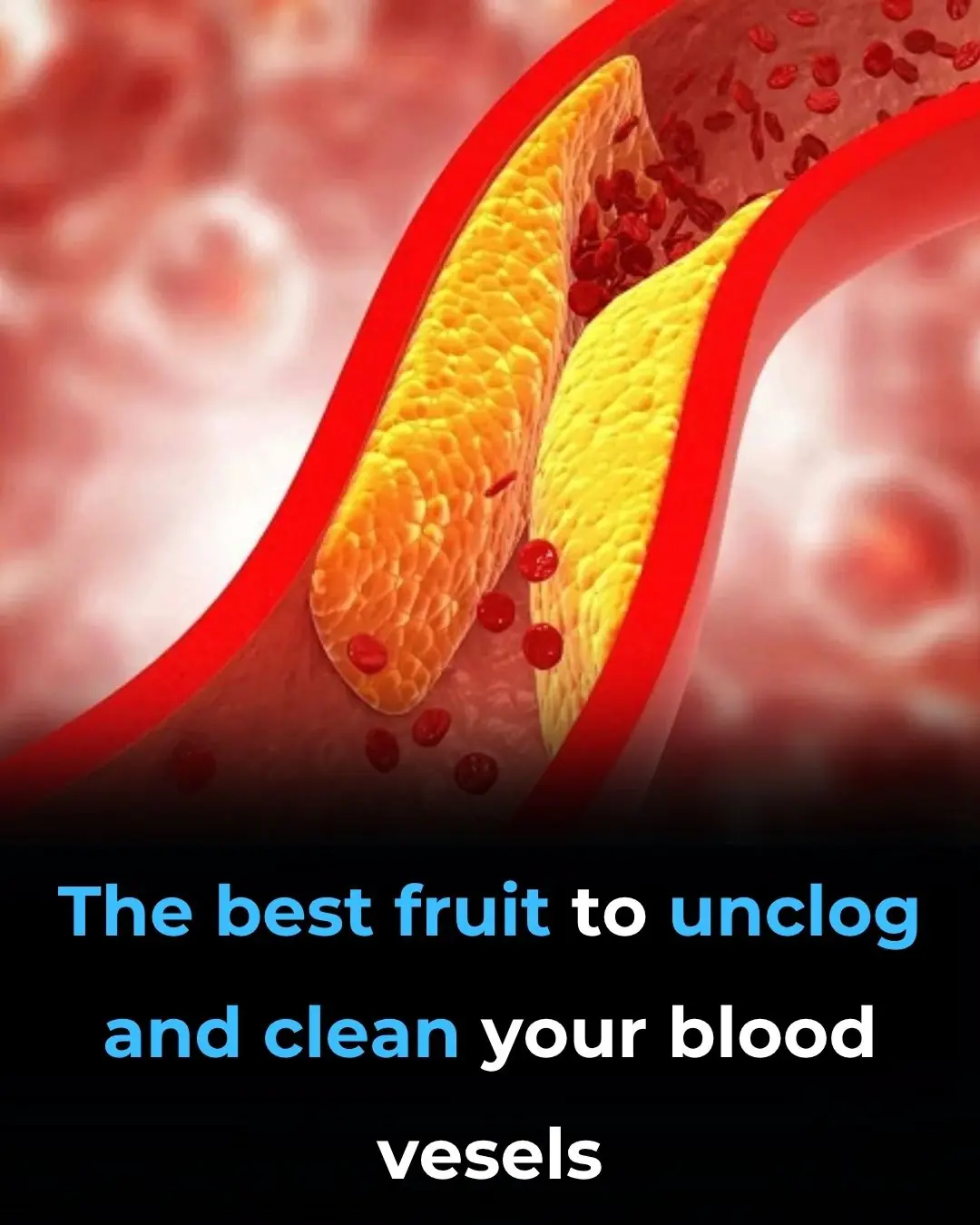
The best fruits to unclog and clean your blood vessels
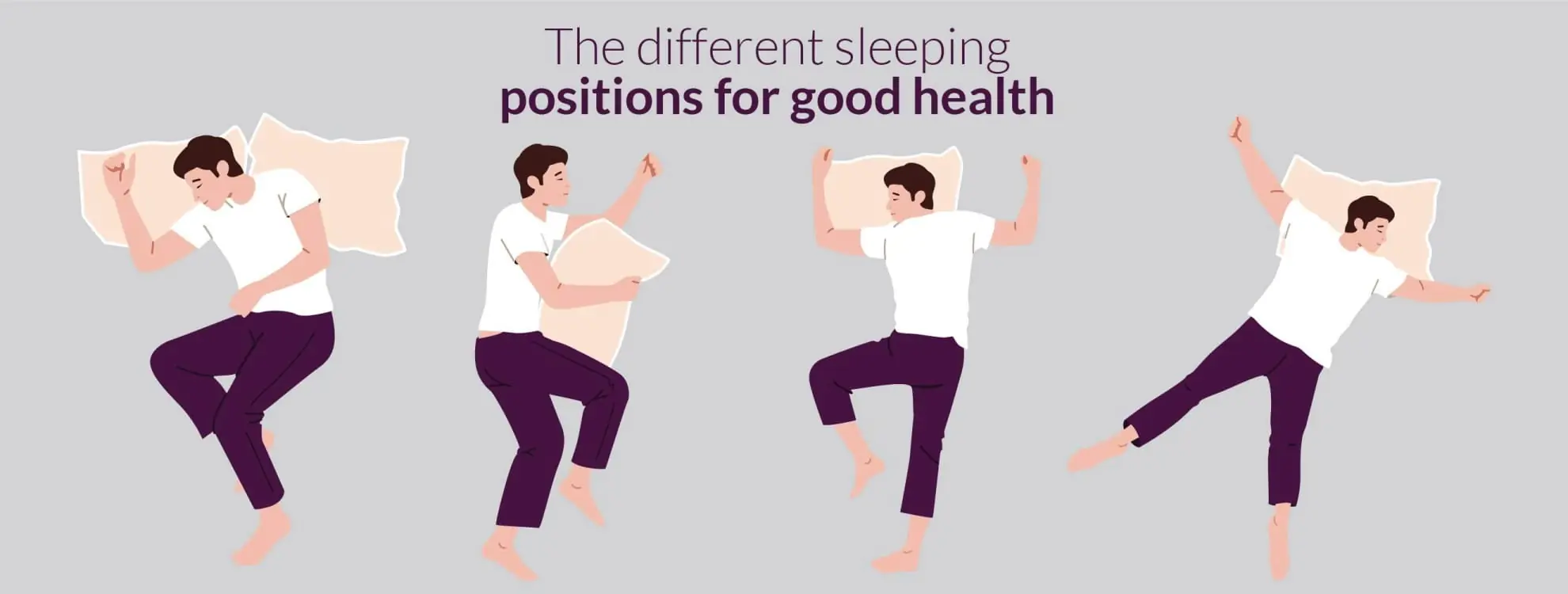
Best Sleeping Positions to Prevent Neck Pain, Reflux, and Keep Your Heart Healthy
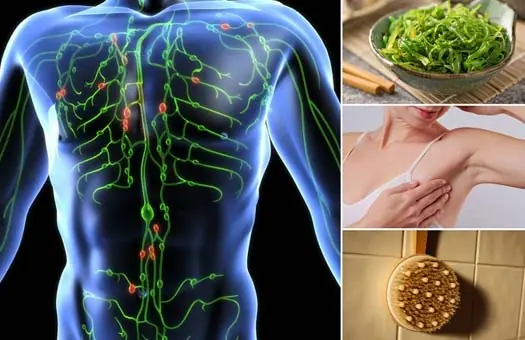
Simple Techniques to Boost Your Lymph System and Remove Toxins

5 Common Habits That Quietly Damage Your Knees

Benefits of Walking: Why Walking is One of the Best Forms of Exercise
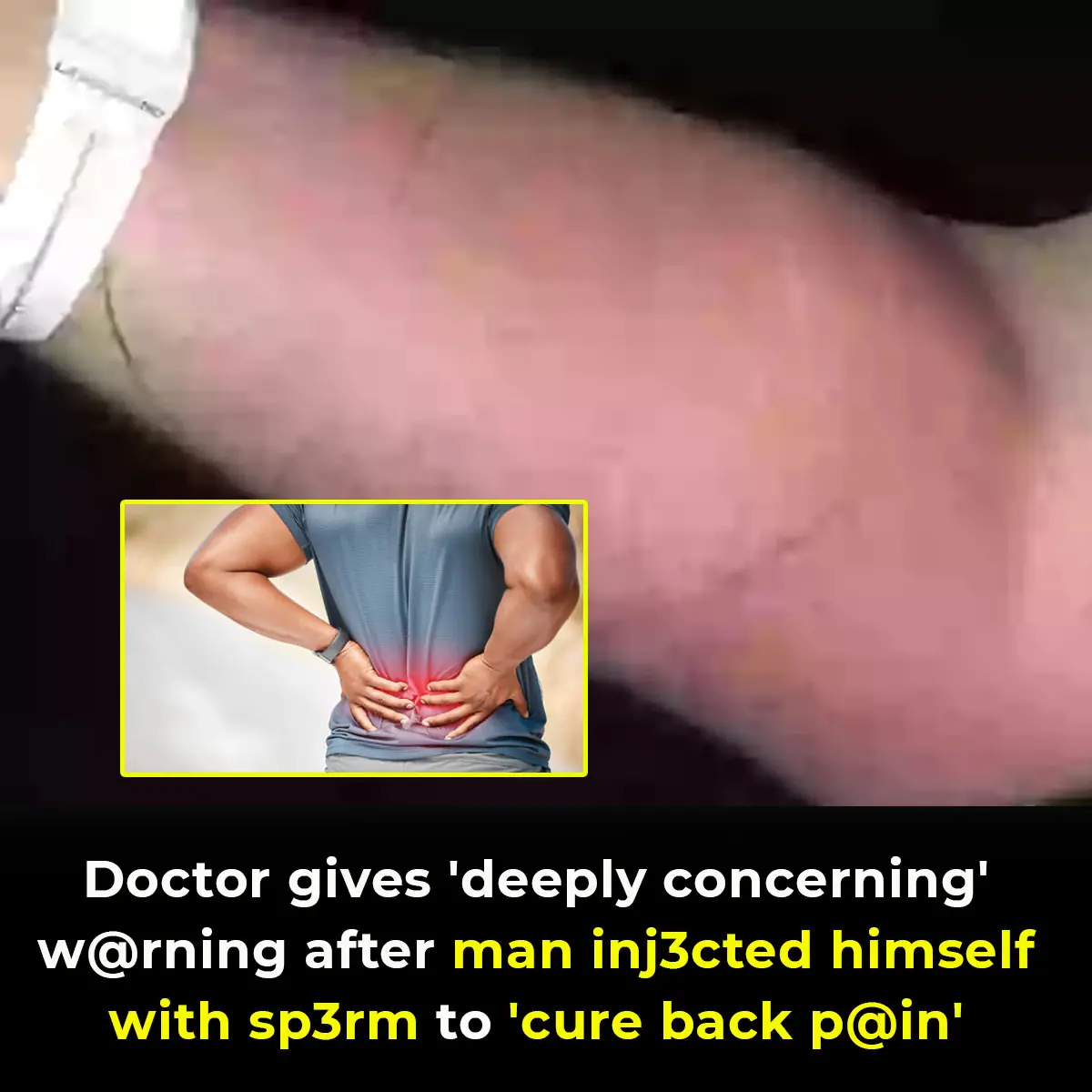
Doctor gives 'deeply concerning' warning after man injected himself with sperm to 'cure back pain'
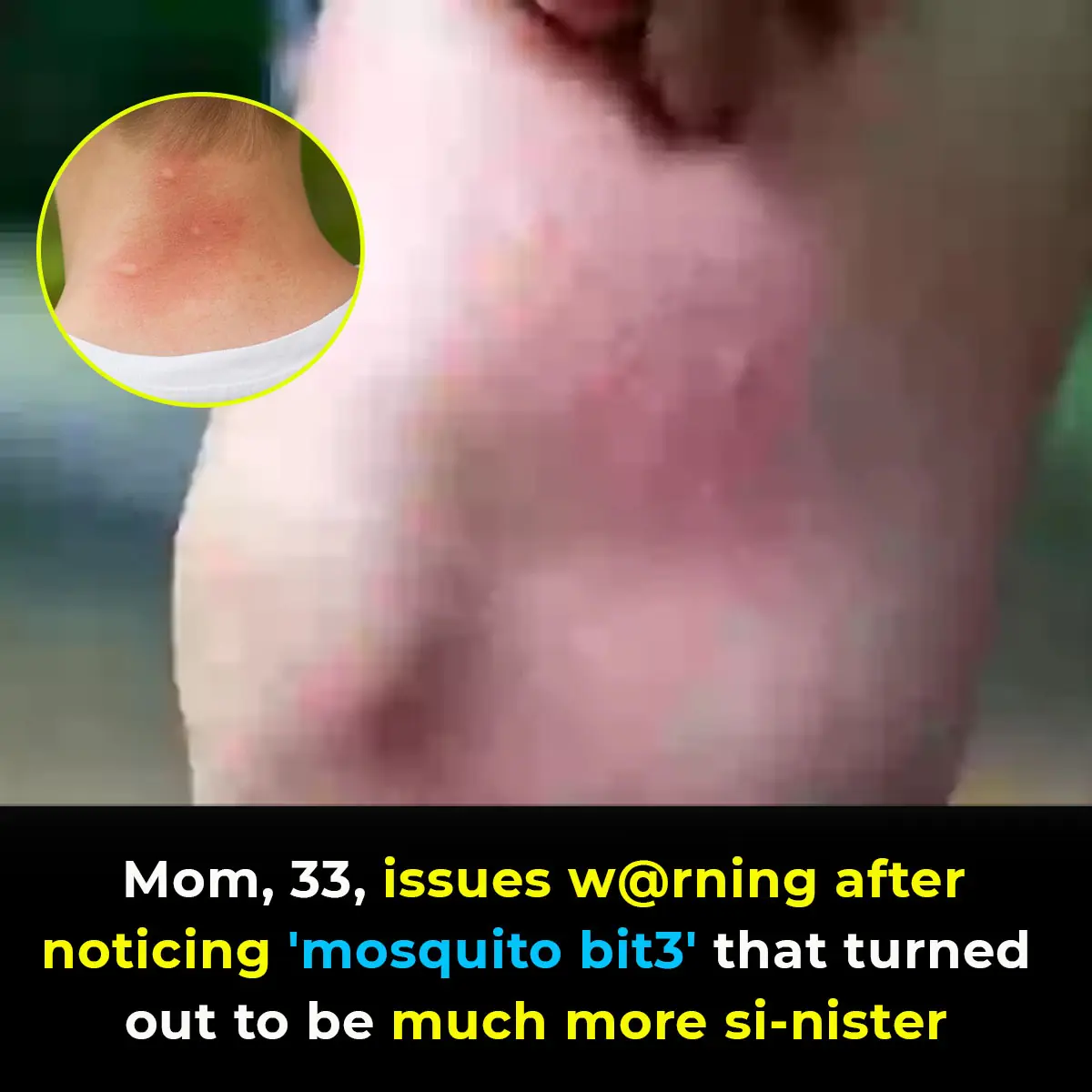
Mom, 33, issues warning after noticing ‘mosquito bite’ that turned out to be much more sinister
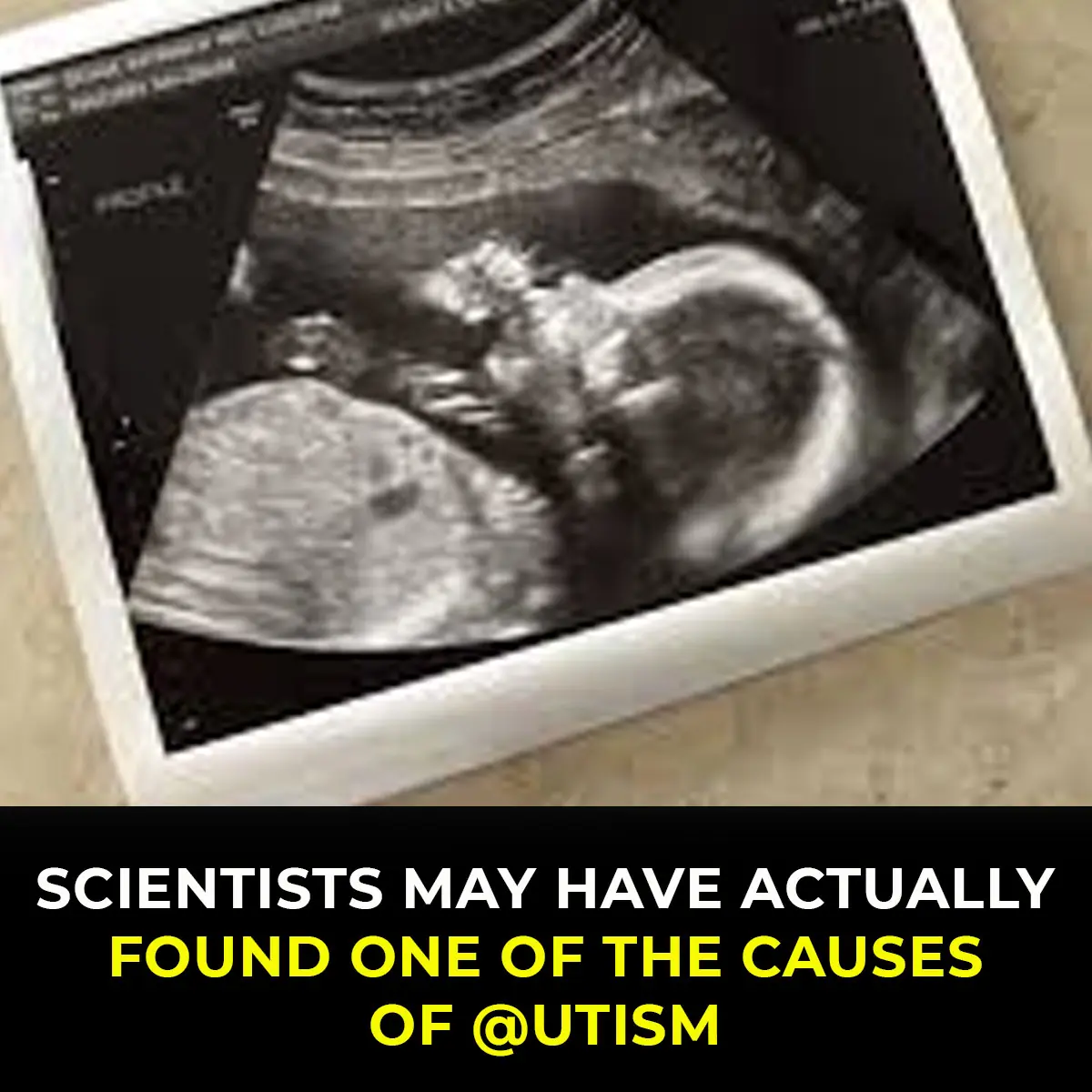
Study Suggests Key Link That Could Help Explain Autism Development
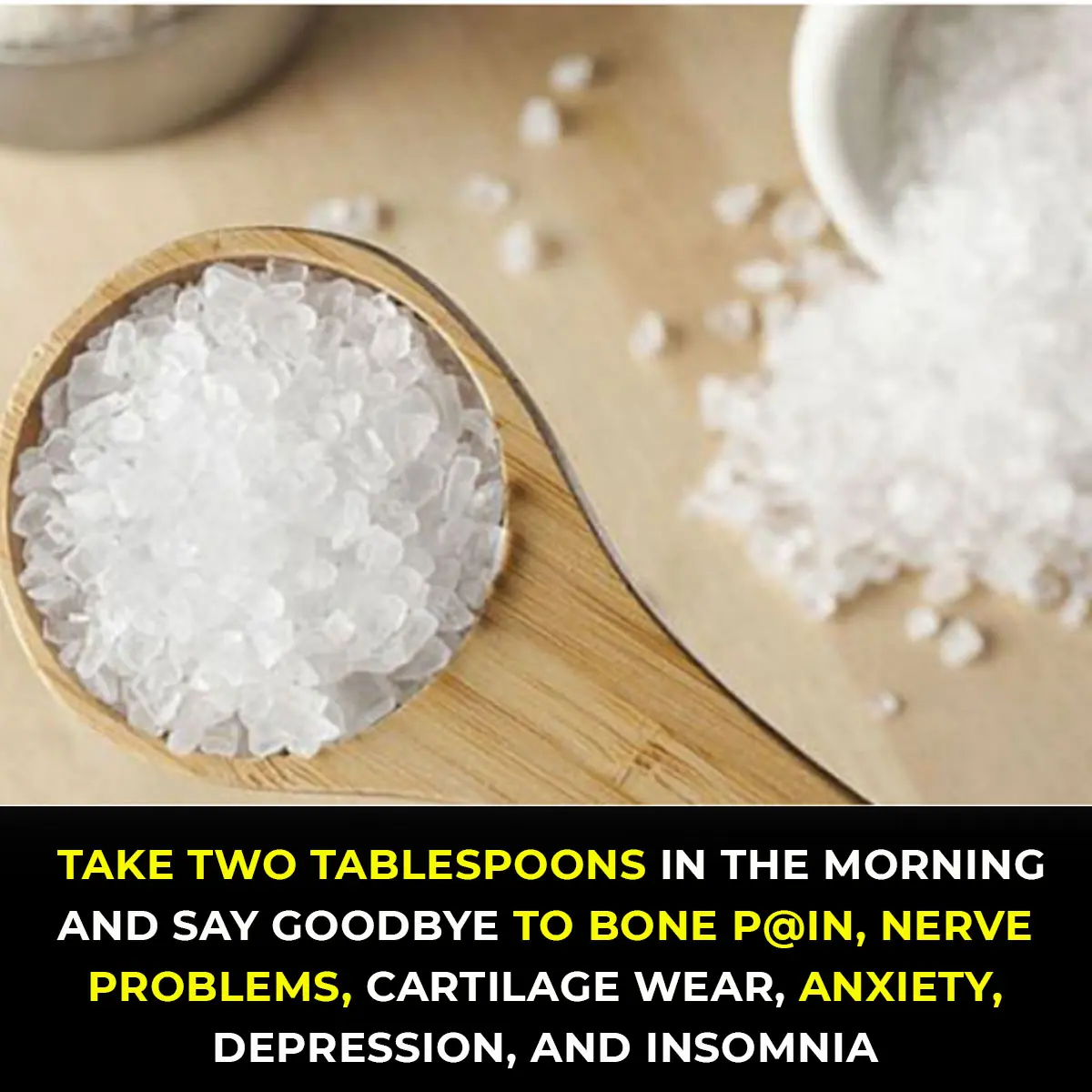
This One Superfood Could Tackle Major Health Issues—Here’s What You Need To Know
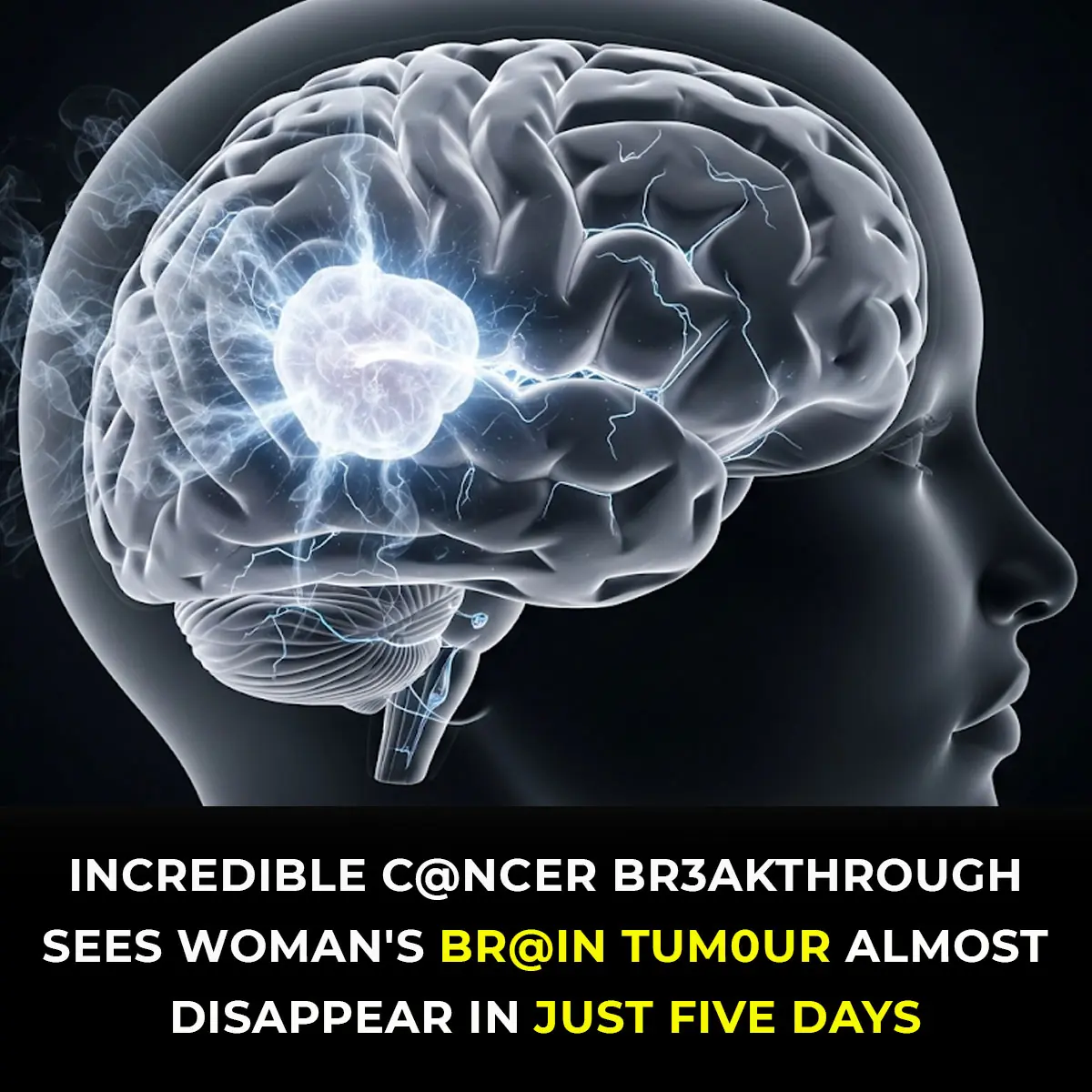
Woman’s Inoperable Brain Tumor Shrinks In Just Five Days Thanks To Cancer Breakthrough
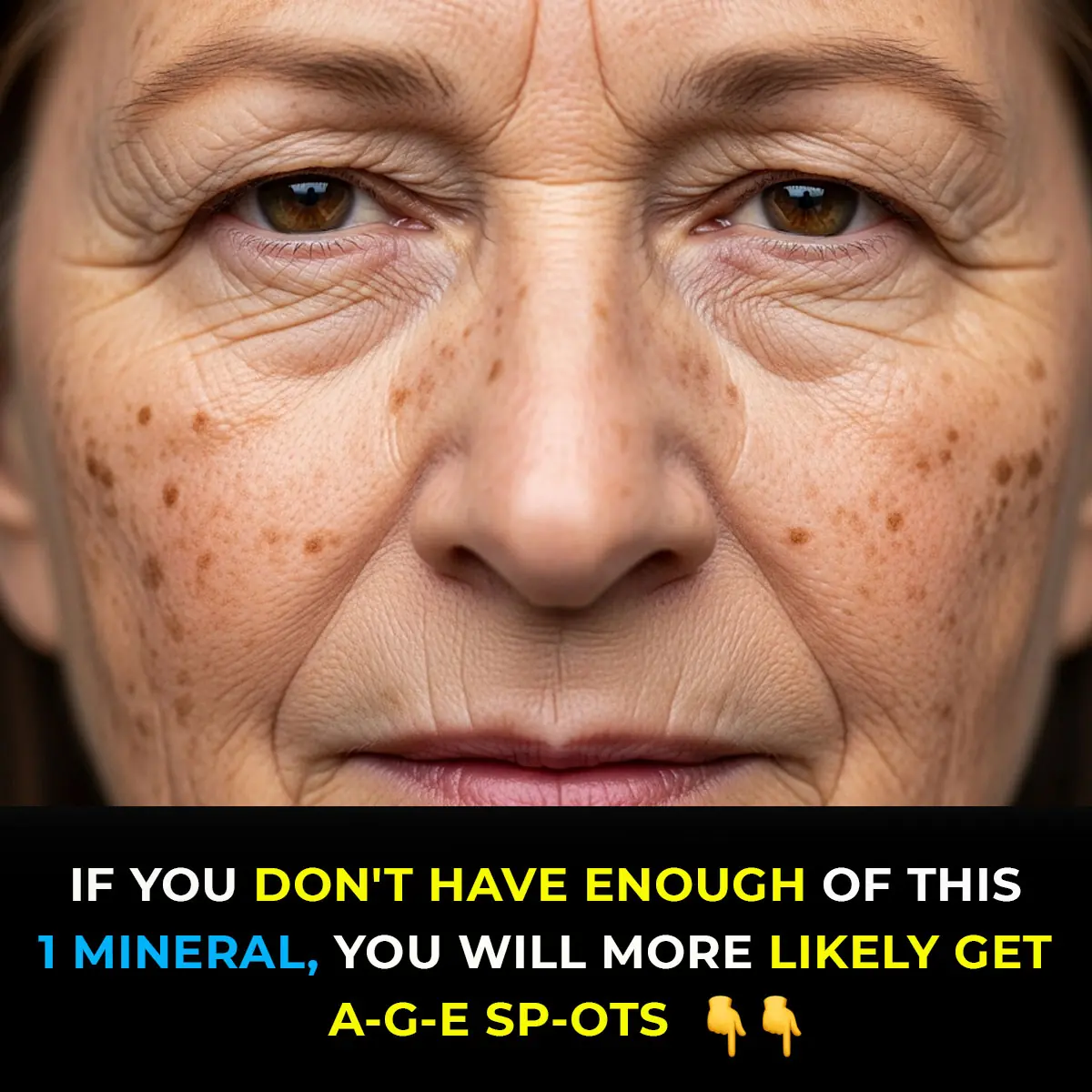
The Strengthening Power Of This One Mineral That Many Are Not Aware

Scientists Warn Foot-Long “Demonic Flesh-Eating” Worms Are Invading The U.S.—Here’s What To Do
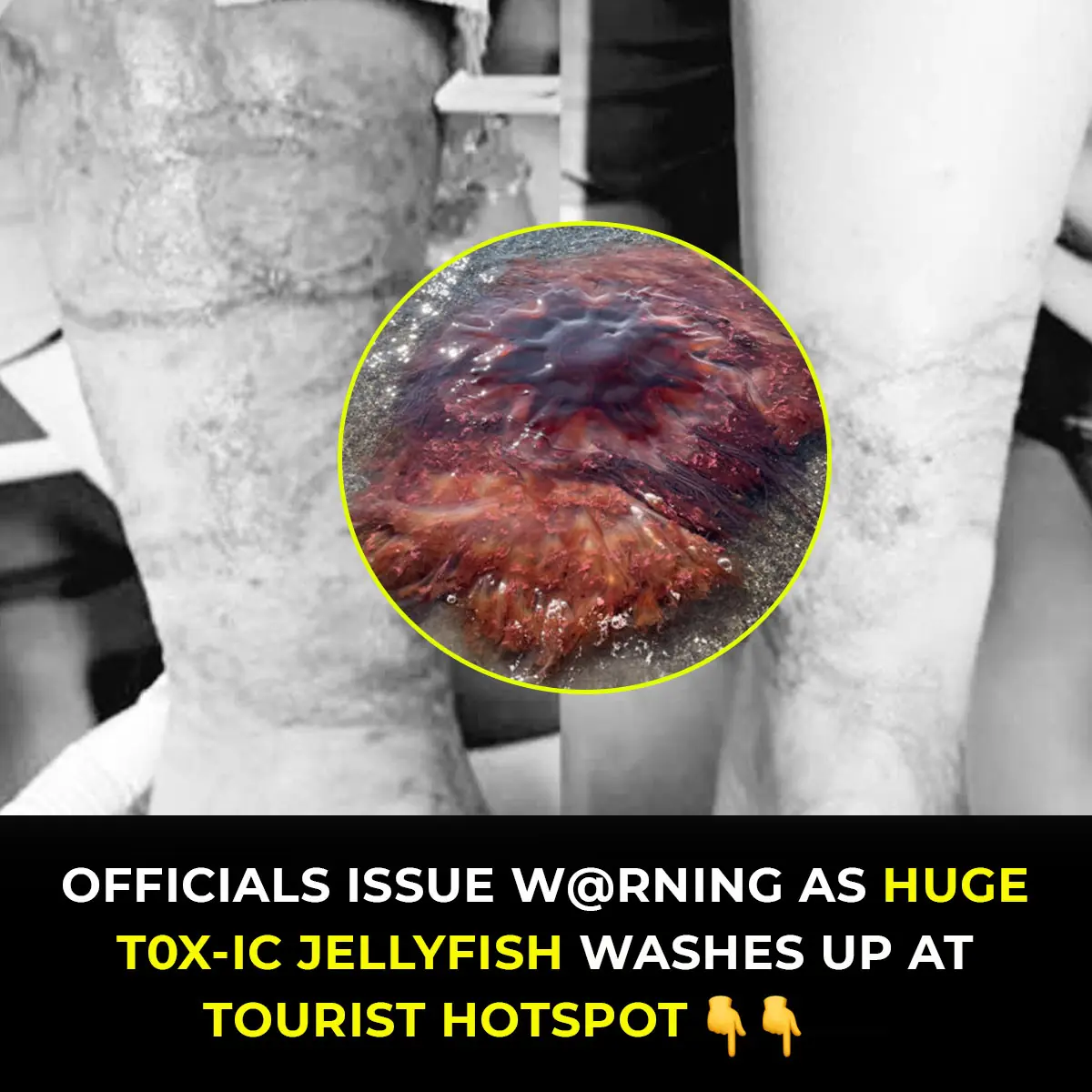
Officials Warn Tourists As Giant Toxic Jellyfish Washes Ashore At Popular Beach

When Nighttime Leg Cramps Become a Concern
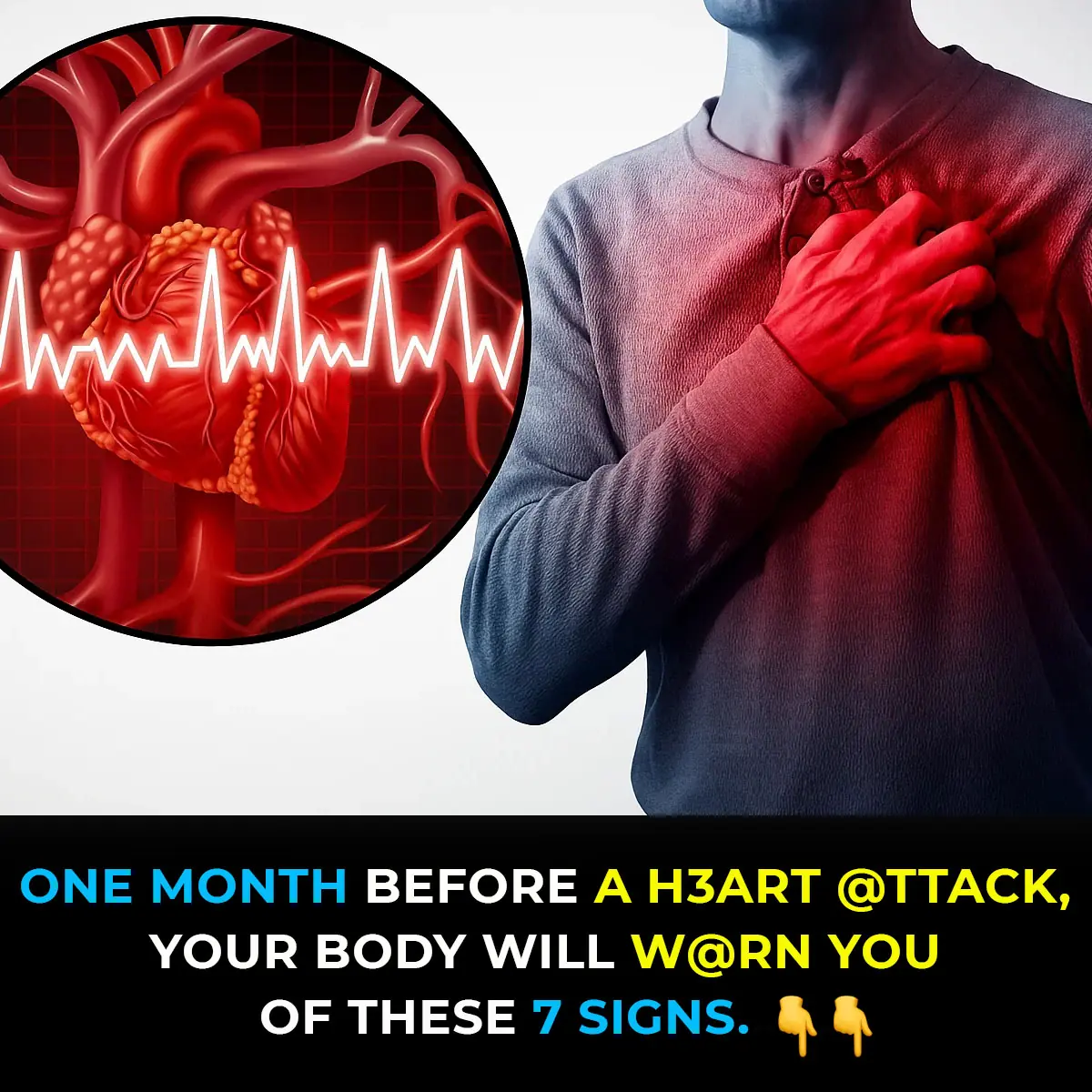
One Month Before A Heart Attack, Your Body Will Warn You Of These 7 Signs
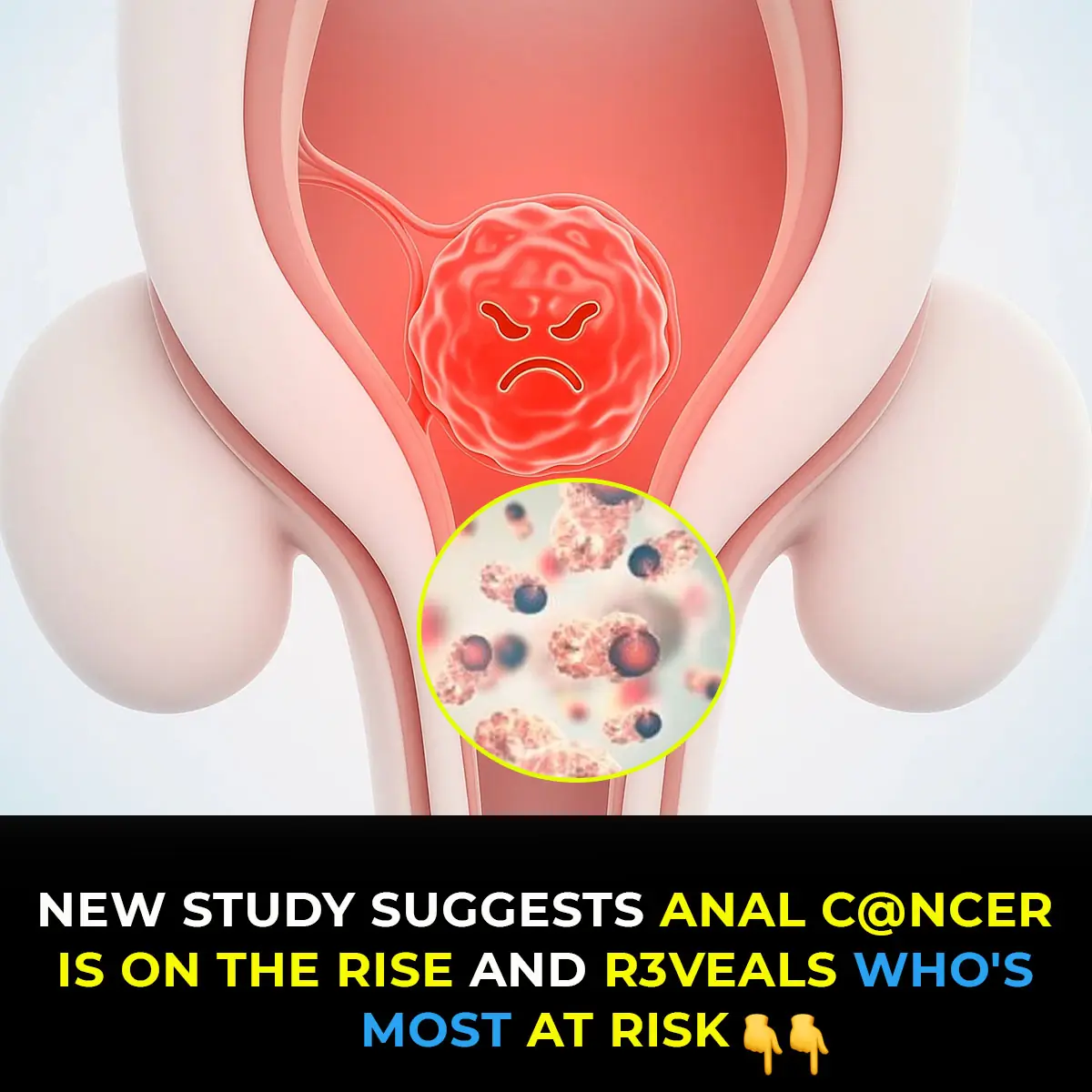
Researchers Sound Alarm Over Surge In Anal Cancer And High-Risk Populations
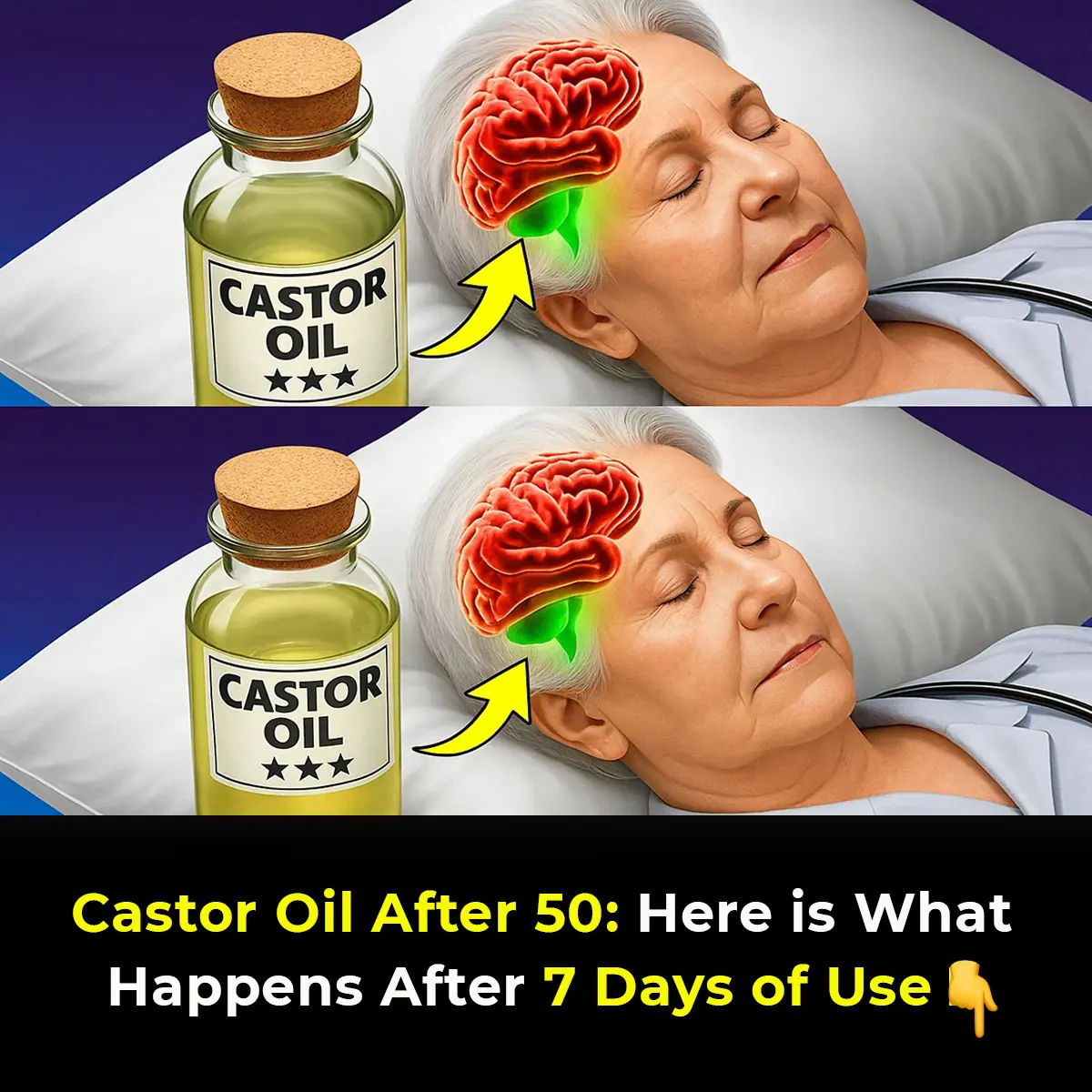
6 Powerful Castor Oil Benefits for Your Health and Wellness
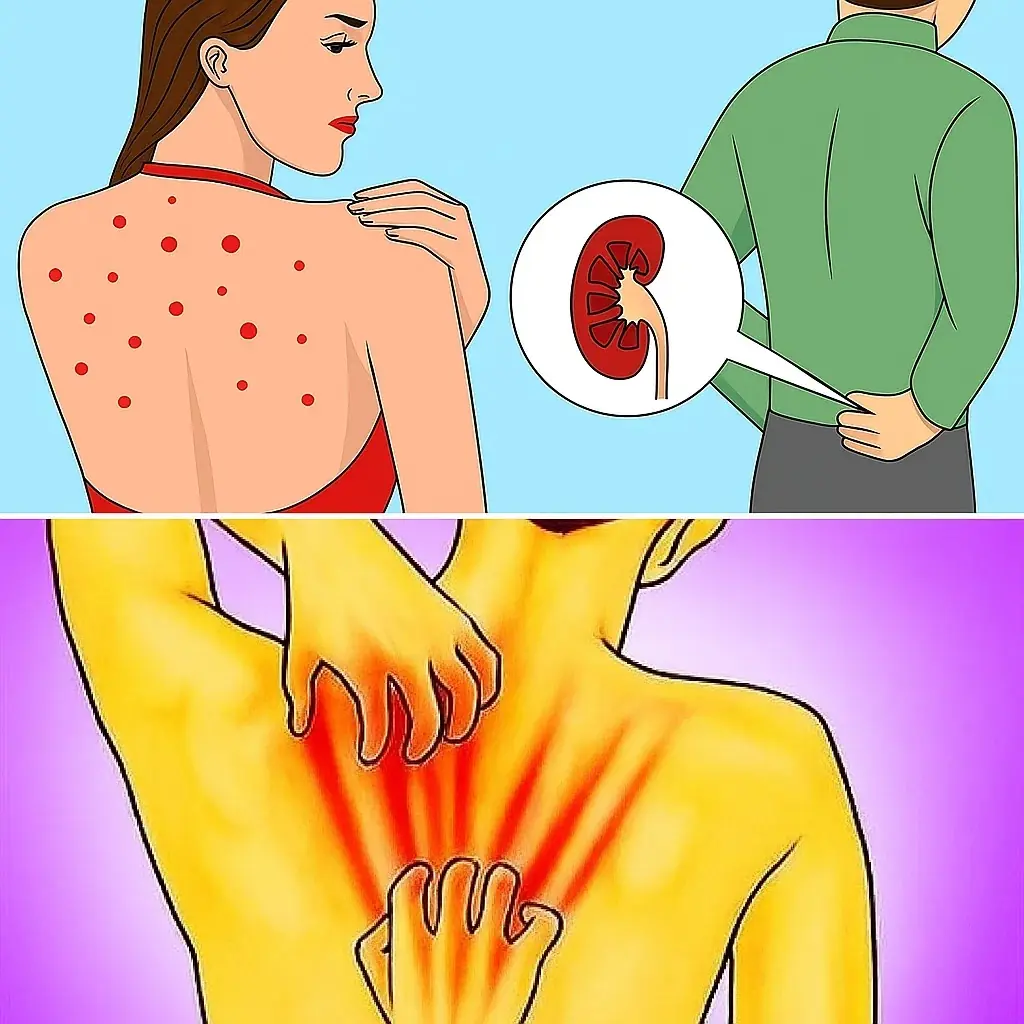
10 Warning Signs Your Kidneys May Be in Serious Danger
Your kidneys quietly work around the clock to keep your body in balance, but when they start to fail, the symptoms can be subtle and easily overlooked. Spotting these early warning signs could save your health—and even your life.
News Post

The 4 Must-Have and Inexpensive Fruits for Older Adults Who Want to Live Long!

The best fruits to unclog and clean your blood vessels

Best Sleeping Positions to Prevent Neck Pain, Reflux, and Keep Your Heart Healthy

Simple Techniques to Boost Your Lymph System and Remove Toxins

5 Common Habits That Quietly Damage Your Knees

Benefits of Walking: Why Walking is One of the Best Forms of Exercise

The Simpsons fans devastated as show 'kills off' one of the main characters for first time ever

Doctor gives 'deeply concerning' warning after man injected himself with sperm to 'cure back pain'

Mom, 33, issues warning after noticing ‘mosquito bite’ that turned out to be much more sinister

Study reveals average penis size across US states and exposes who is exaggerating

NASA releases closest-ever images to the sun and everyone is asking the same thing

Break-up coach reveals three clear signs that mean a relationship is over

“Meet K2-18b: The Distant Ocean World That Could Host Alien Life”

Secret CIA Documents Declare That The Ark Of The Covenant Is Real, And Its Location Is Known

Neuroscience Says: Listening to This Song Reduces Anxiety by Up to 65%. Hear It Yourself

Study Suggests Key Link That Could Help Explain Autism Development

Scientists Confirm Brain’s ‘Life-Flash’ Surge Just Before Death
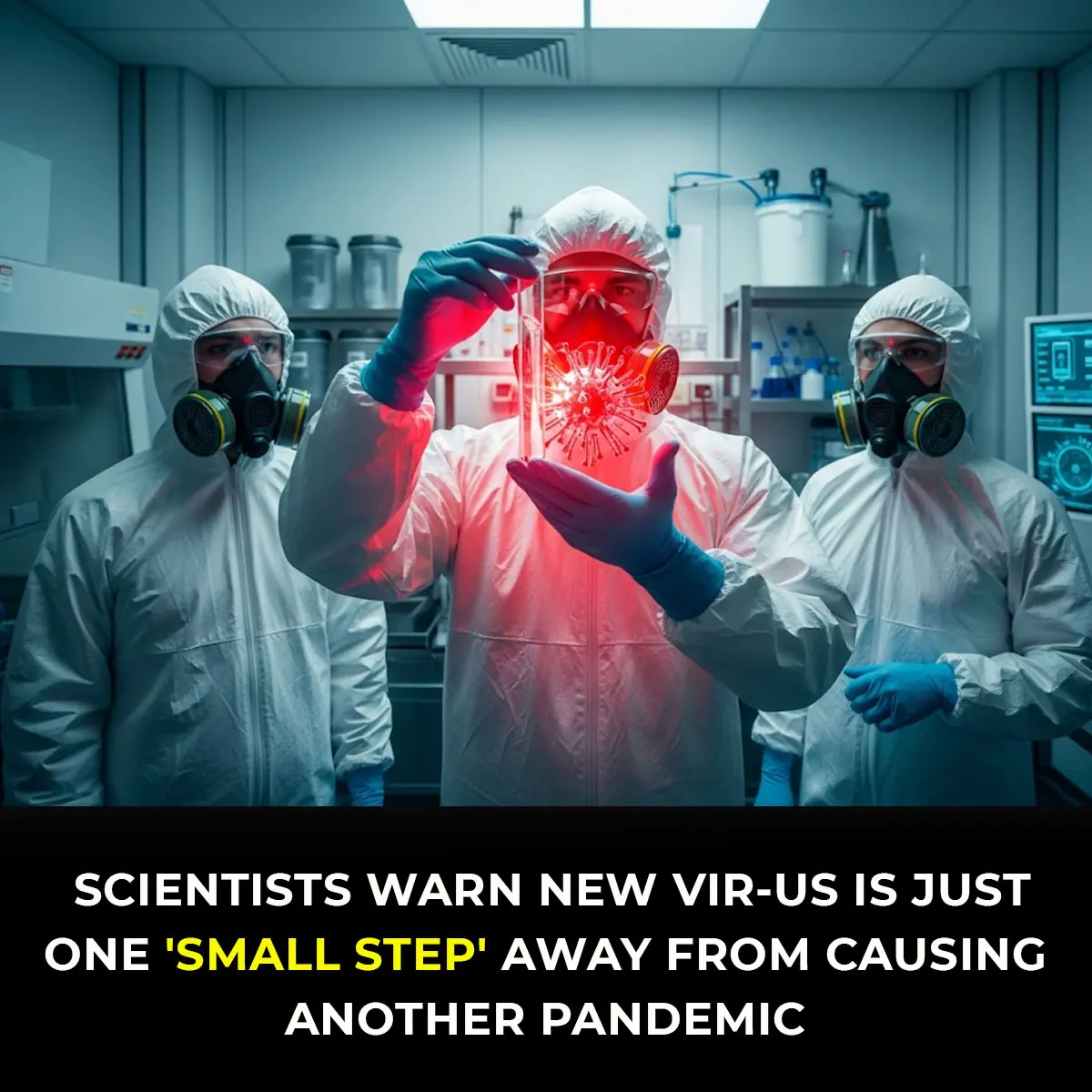
Scientists Warn China-Identified Bat Virus Just One Mutation Away From Sparking Global Pandemic

This One Superfood Could Tackle Major Health Issues—Here’s What You Need To Know
